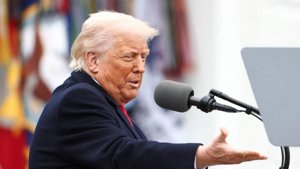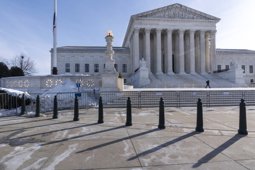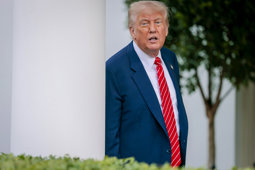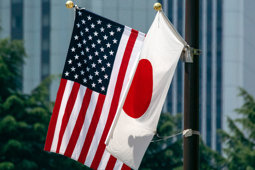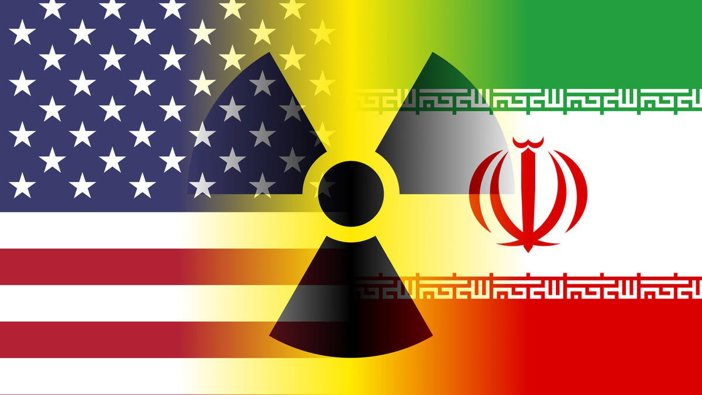
Trump Rejects Iran’s Nuclear Counter-Offer
Trump deems Iran’s nuclear counter-offer unacceptable, urges further talks to prevent conflict as IAEA raises verification concerns.
Trump Rejects Tehran’s Terms After Call with Netanyahu
President Donald Trump confirmed Monday that he rejected Iran’s most recent counter-offer in the ongoing nuclear negotiations, calling the proposal “just not acceptable.” The announcement followed a phone call between Trump and Israeli Prime Minister Benjamin Netanyahu, during which both leaders discussed the Iranian nuclear threat and prospects for a peaceful resolution.
“We’re trying to make a deal so that there’s no destruction and death. And we’ve told them that, and I’ve told them that, and I hope that’s the way it works out,” Trump said in remarks to reporters following the call. “But it might not work out that way. We’ll soon find out.”
The counter-proposal from Iran reportedly came in response to a U.S. plan submitted last week. Trump did not disclose details but emphasized that the Iranian terms, especially those related to uranium enrichment, require further negotiation. Meanwhile, tensions continue to mount as diplomatic deadlines approach and nuclear transparency concerns deepen.
IAEA Flags Verification Issues and Rising Uranium Stockpile
Coinciding with the stalled talks, the International Atomic Energy Agency (IAEA) on Monday released a warning that it cannot confirm whether Iran’s nuclear program remains entirely peaceful. Director General Rafael Grossi cited repeated obstruction by Tehran, including denial of access to key nuclear sites and evidence of site sanitization, which he said undermines the agency’s verification capabilities.
“Iran has repeatedly either not answered, or not provided technically credible answers,” Grossi stated. “It has also sought to sanitize the locations, which has impeded Agency verification activities.”
Grossi referred specifically to three locations—Varamin, Marivan, and Turquzabad—where man-made uranium particles were previously detected. These sites were known to have been part of Iran’s historical nuclear program, fueling suspicions of renewed military dimensions.
Grossi also noted that while the IAEA is not directly involved in the current U.S.-Iran negotiations, he has been working intensively with both parties in support of their efforts. He warned of a dramatic increase in Iran’s stockpile of near-weapons-grade uranium: up from 274.8 kilograms enriched to 60% in February to 408.6 kilograms by mid-May—sufficient, according to analysts, for up to ten nuclear warheads with minimal technical steps remaining.
Iran Maintains Its Position, Plans New Proposal
The Iranian leadership remains firm in its stance against the U.S. proposal. On Sunday, Iranian parliamentary speaker Mohammad Bagher Ghalibaf stated that the U.S. offer failed to include any sanctions relief. On Monday, Foreign Ministry spokesperson Esmaeil Baghaei echoed this position, confirming the proposal was “not acceptable” and “not the result of previous rounds of negotiations.”
Baghaei added that Iran would present its own “reasonable, logical, and balanced” proposal through Omani channels once finalized. Though some sources suggest the counter-proposal may be submitted by June 10, the Iranian mission to the United Nations declined to confirm the timing.
Meanwhile, the White House has not publicly disclosed the contents or conditions of its offer. Some reporting has indicated that President Trump set a June 11 deadline for a resolution, though these claims have not been independently verified by U.S. officials.
As negotiations remain in flux and international concerns over Iran’s nuclear transparency escalate, the coming days may prove pivotal for diplomatic efforts aimed at preventing a renewed regional crisis.

